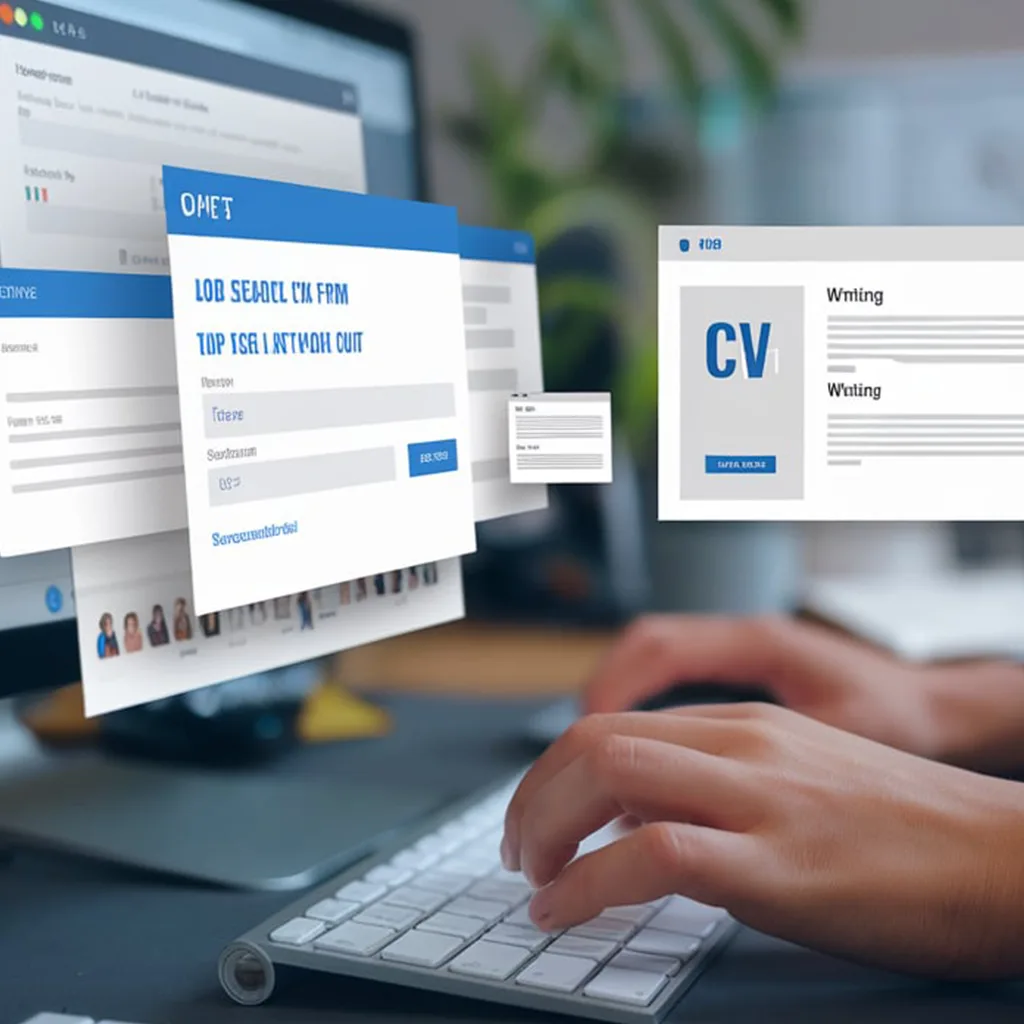CV Writing Tips for Experienced Professionals
Creating a compelling CV is crucial for experienced professionals looking to advance their careers. This article provides CV writing tips for experienced professionals and delves into specific strategies to enhance your resume. Whether you’re looking for tips to write a CV for senior roles or seeking to improve your professional resume, this guide has you covered.
Understanding the Purpose of Your CV
A CV, or curriculum vitae, is a comprehensive document that outlines your professional history, skills, and achievements. For experienced professionals, it serves as a marketing tool to showcase your expertise and accomplishments to potential employers. Here are some key points to consider:
Highlighting Your Experience
When writing a CV for experienced professionals, it’s essential to emphasize your extensive work history. Include detailed descriptions of your roles, responsibilities, and key achievements. Use metrics to quantify your impact, such as “increased sales by 30%” or “managed a team of 20.”
Tailoring Your CV to the Job
Customizing your CV for each job application is crucial. Analyze the job description and highlight the skills and experiences that align with the position. This not only shows that you’re a perfect fit but also demonstrates your attention to detail.
Structuring Your CV
A well-structured CV is easy to read and navigate. Here’s how to organize your CV effectively:
Contact Information
Ensure your contact information is up-to-date and professional. Include your name, phone number, email address, and LinkedIn profile.
Professional Summary
Your professional summary should be a brief statement at the top of your CV that highlights your key skills and experiences. This section should grab the employer’s attention and encourage them to read further.
Work Experience
List your work experience in reverse chronological order, starting with your most recent job. Include the following for each position:
- Job title
- Company name
- Employment dates
- Key responsibilities and achievements
Education
Include your educational background, starting with your highest degree. Mention the institution’s name, degree obtained, and graduation date.
Skills
Highlight relevant skills that make you a strong candidate for the job. Focus on both technical and soft skills, such as project management, leadership, and communication.
Certifications and Awards
Include any relevant certifications and awards that showcase your expertise and dedication to your field.
Crafting a Professional Summary
Your professional summary is the first thing potential employers will read, so it needs to make a strong impression. Here are some tips:
Be Concise
Keep your summary brief, ideally around 3-4 sentences. Focus on your key qualifications and career highlights.
Use Keywords
Incorporate keywords from the job description to pass through applicant tracking systems (ATS). Keywords should be naturally integrated into your summary.
Showcase Achievements
Highlight significant achievements that set you apart from other candidates. Use numbers and statistics to quantify your impact.
Detailing Your Work Experience
Your work experience section is the core of your CV. Follow these tips to make it stand out:
Use Action Verbs
Start each bullet point with an action verb to convey your responsibilities and achievements dynamically. Examples include “led,” “developed,” “implemented,” and “managed.”
Quantify Achievements
Whenever possible, use metrics to quantify your achievements. This provides concrete evidence of your impact and capabilities.
Focus on Relevance
Highlight the experiences most relevant to the job you’re applying for. Tailor each bullet point to showcase how your background aligns with the role.
Highlighting Skills and Competencies
The skills section is crucial for demonstrating your qualifications. Here’s how to optimize it:
Include Relevant Skills
Focus on skills that are directly relevant to the job. Include both technical skills, such as software proficiency, and soft skills, like leadership and teamwork.
Use a Skills Matrix
Consider using a skills matrix to categorize your skills into different areas, such as technical, managerial, and interpersonal. This makes it easier for employers to see your strengths.
Highlight Key Competencies
Showcase key competencies that are highly valued in your industry, such as project management, strategic planning, and problem-solving.
Additional Sections to Consider
Depending on your background and the job you’re applying for, you may want to include additional sections in your CV:
Professional Development
Include any relevant courses, workshops, or training programs you’ve completed. This demonstrates your commitment to continuous learning.
Publications and Presentations
If you have published articles or given presentations at conferences, include them in this section. This showcases your thought leadership and expertise in your field.
Volunteer Experience
Including volunteer experience can demonstrate your dedication and well-roundedness. Highlight any roles where you gained relevant skills or made a significant impact.
Common Mistakes to Avoid
When writing your CV, be mindful of these common mistakes:
Overloading with Information
While it’s important to be thorough, avoid overloading your CV with too much information. Focus on the most relevant experiences and keep your descriptions concise.
Using Generic Language
Avoid using generic language and clichés. Instead, use specific and compelling language to describe your experiences and achievements.
Neglecting Formatting
A well-formatted CV is easier to read and looks more professional. Use a clean and consistent layout, with clear headings and bullet points.
FAQS about CV Writing Tips for Experienced Professionals
How long should a CV be for experienced professionals?
For experienced professionals, a CV should typically be 2-3 pages long. Ensure it’s concise yet comprehensive, highlighting your most relevant experiences and achievements.
Should I include a photo on my CV?
In many countries, it’s not necessary or recommended to include a photo on your CV. Focus on showcasing your skills and experiences instead.
How can I make my CV stand out?
To make your CV stand out, tailor it to the job description, use strong action verbs, quantify your achievements, and include a compelling professional summary.
Is it necessary to include references?
It’s not necessary to include references on your CV. Instead, you can provide them upon request. Ensure your references are aware and willing to vouch for you.
What format should I use for my CV?
Use a clean and professional format for your CV. PDF is generally the preferred format, as it preserves your formatting and is widely accessible.
By following these CV writing tips for experienced professionals, you can create a powerful resume that effectively showcases your skills and achievements, helping you secure your next career opportunity. Remember to tailor your CV for each job application, focus on your key strengths, and avoid common pitfalls to make the best impression on potential employers.





